Why do millennials get a sudden urge to run a marathon?
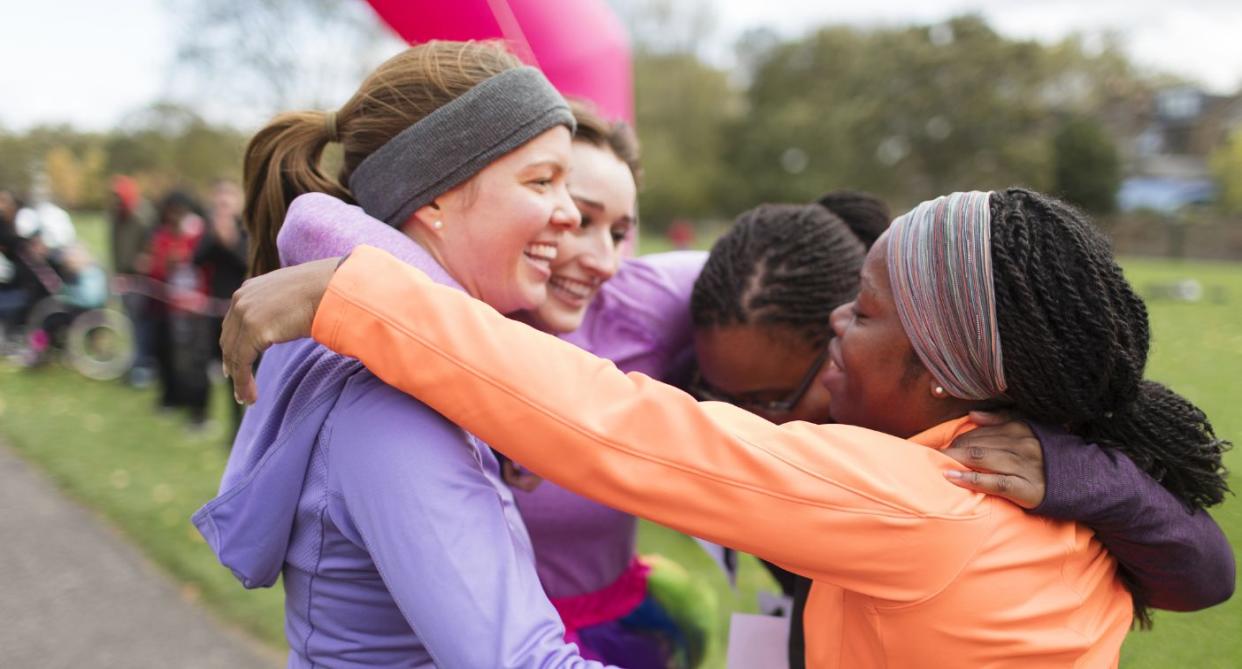
At a certain stage of life, particularly among millennials, it can suddenly feel like everyone and their dog is running a marathon.
Whether it's your best friend, a friend of a friend, your sister, partner, or all of the above, cheering on a loved one on at a half or full marathon of a weekend (or competing yourself) seems to become a rite of passage at some point.
So, why do people in the years approaching and following 30 tend to become invested in marathons? With marathon season in full swing up and down the country, coupled with growing influences from people like 'Hardest Geezer' who ran the full length of Africa, and ex Made In Chelsea star Joshua Patterson completing 76 marathons in 76 days (admittedly both more extreme), we look into where the sudden urge comes from.
Why do millennials gravitate towards marathons?
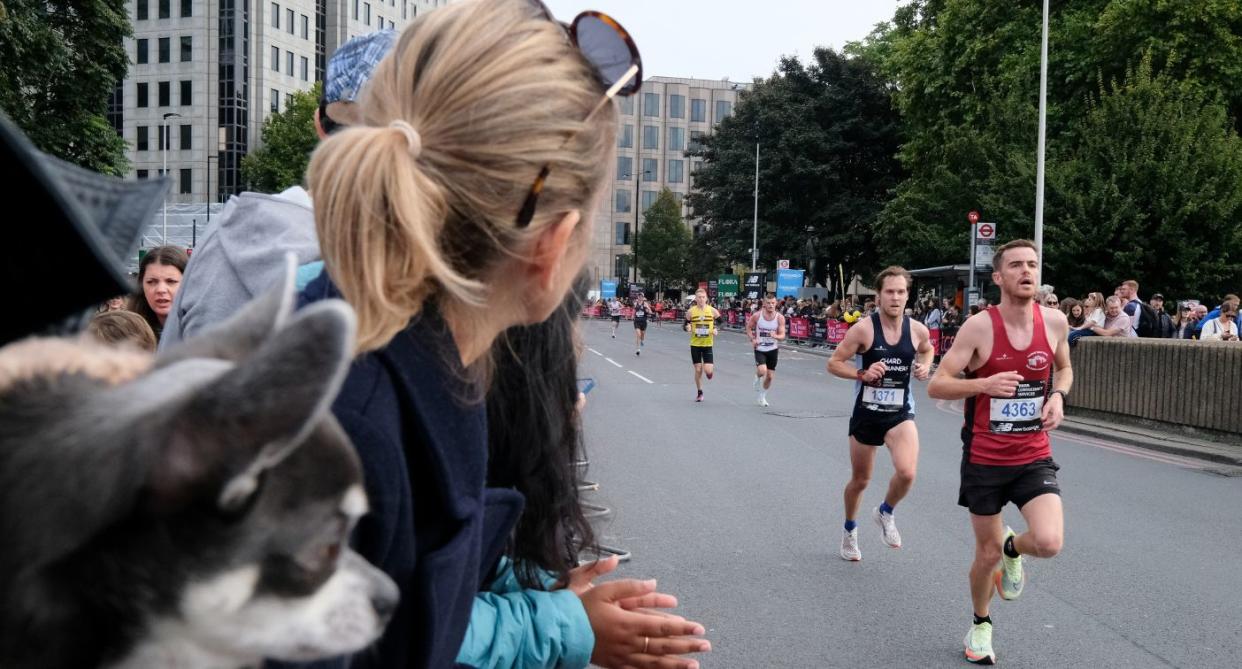
"There are many factors taken into consideration when looking into why there is a growing trend of over 30s gravitating towards marathons, be it psychological, physical and social components," says Dennis Relojo-Howell, managing director at Psychreg and researcher in clinical psychology, via Buzz Bingo.
Eloise Skinner, psychotherapist, author and fitness instructor, also tells Yahoo UK that while it differs for everyone, some common factors include, "A desire to set a personal long term fitness goal (when we hit our 30s, being less likely to be involved in the kinds of team sports we pursued during school or university), a general rise in fitness experience (we've had a couple of decades to build up endurance, stamina and physical abilities), a capacity to engage in the intense training required (perhaps without children or other demanding responsibilities) and the community impact (if our friends are doing it, we might also join!)."
Here's a closer look at all the reasons behind the sudden marathon urge, broken down.
1. A search for meaning and accomplishment
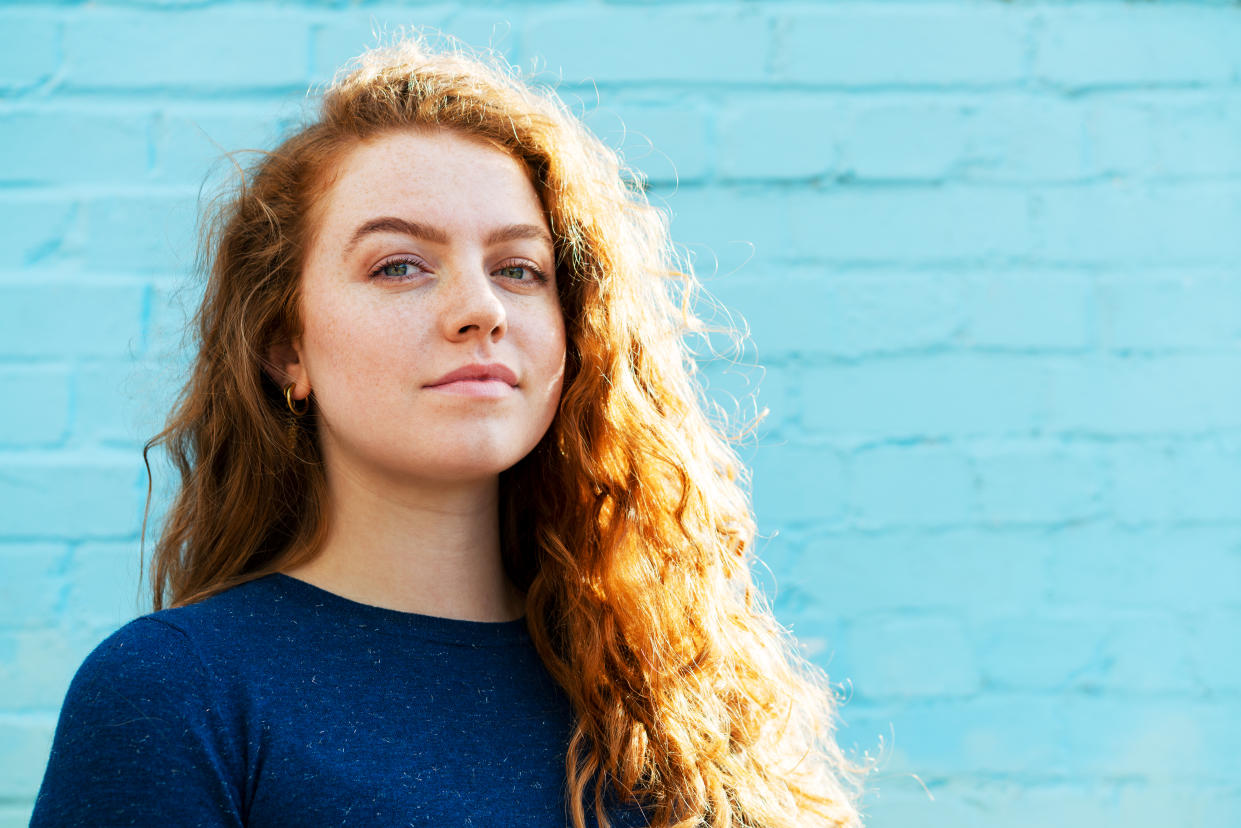
"Once people enter their 30s and over there tends to be a natural shift in seeking deeper meaning and purpose in life. Completing a marathon or half marathon gives a sense of achievement and affirmation of one's personal capabilities and resilience," says Relojo-Howell.
Skinner agrees that a long term fitness goal can help us work towards something. "In our 30s, we might feel that we've lost a degree of structure in our lives – we don't have the same school or university timetable that dictates our schedules or the metrics of achievement. We might look to a long term fitness goal to provide this sense of structured achievement in our lives.
"We can track our progress, feel rewarded as we improve, and develop our sense of drive and resilience."
In 2023, there was a 20% increase in runners who ran a marathon compared to 2022, and a 27% increase in runners who ran a half marathon, according to Strava data.
2. Mental and physical wellbeing
At this stage in life, our overall health can become more of a priority, and a huge goal like a marathon can certainly help us tap into this.
"As age increases many people become aware of their mortality so there comes a greater awareness of the importance of maintaining physical and mental health. The rigorous training required for marathons promotes both and in turn improves fitness levels, weight management and stress reduction. All of which are particularly appealing to this demographic," Relojo-Howell explains.
It may also be reflective of having already experienced an improvement in fitness. "In our 30s, we know our bodies and minds better than before. We've had years to explore what kind of activity works for us, and for those who have enjoyed running in the past, marathon or half marathon training might seem like a logical progression of our favourite fitness experience," adds Skinner.
"We've also developed muscles, endurance and alignment over time (if we've been fairly fit throughout earlier years), so marathon or half marathon training might seem achievable."
3. Midlife reassessment and challenge seeking
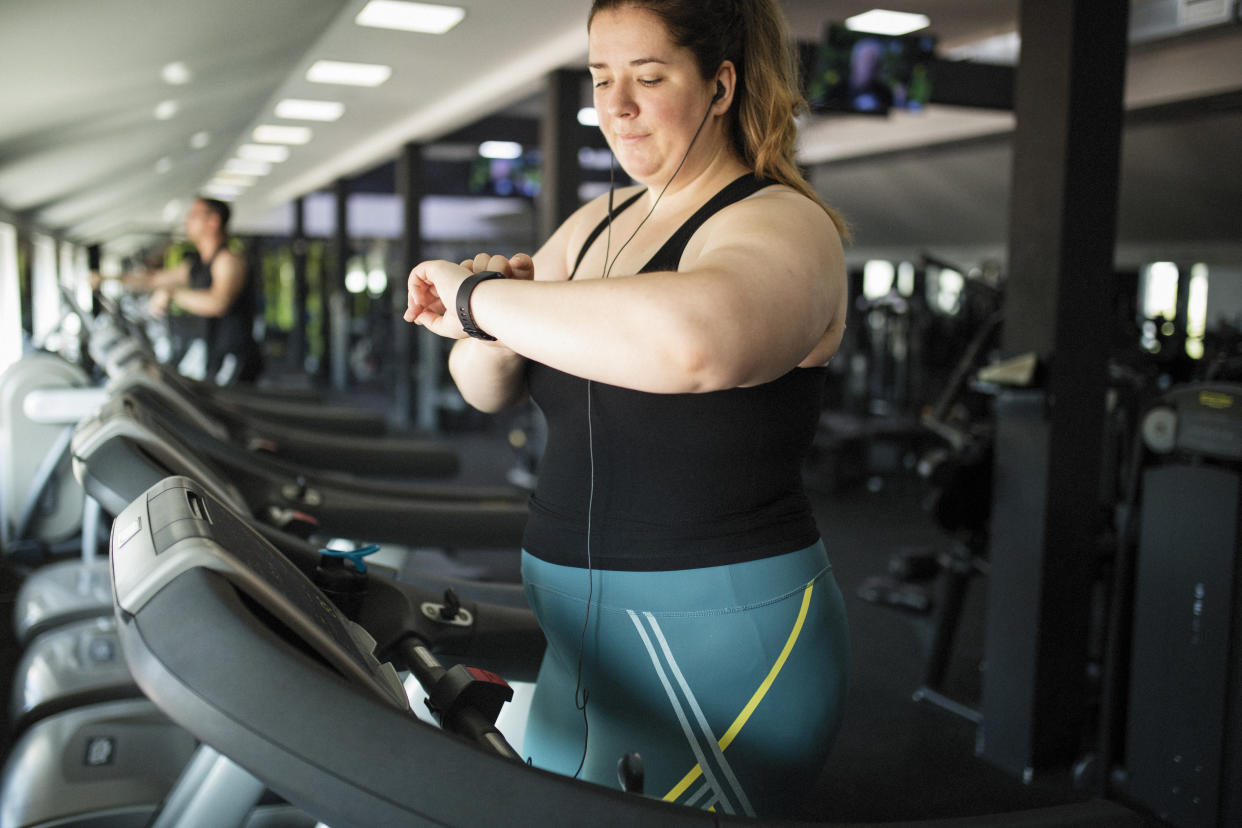
"Around this age group also tends to be a time of reassessing life. Many individuals tend to seek new challenges that push their boundaries, both physically and mentally. Marathons serve an ideal challenge that combines physical endurance with mental fortitude," says Relojo-Howell.
And for some, they may become more aware of the capacity they still have to engage in this type of commitment. "For those of us without responsibilities to children or other demanding responsibilities, the long runs and demanding training schedule might be physically possible (in a way that it might not be with a young family or other caring responsibilities, for example)," Skinner points out.
Gen X and Millennials have a higher preference for 10ks than 5ks compared to Boomers and Gen Z (who prefer 5ks or shorter runs), Strava data finds, which may help to indicate why there's more interest in marathons among certain age groups.
4. Community and social connectivity
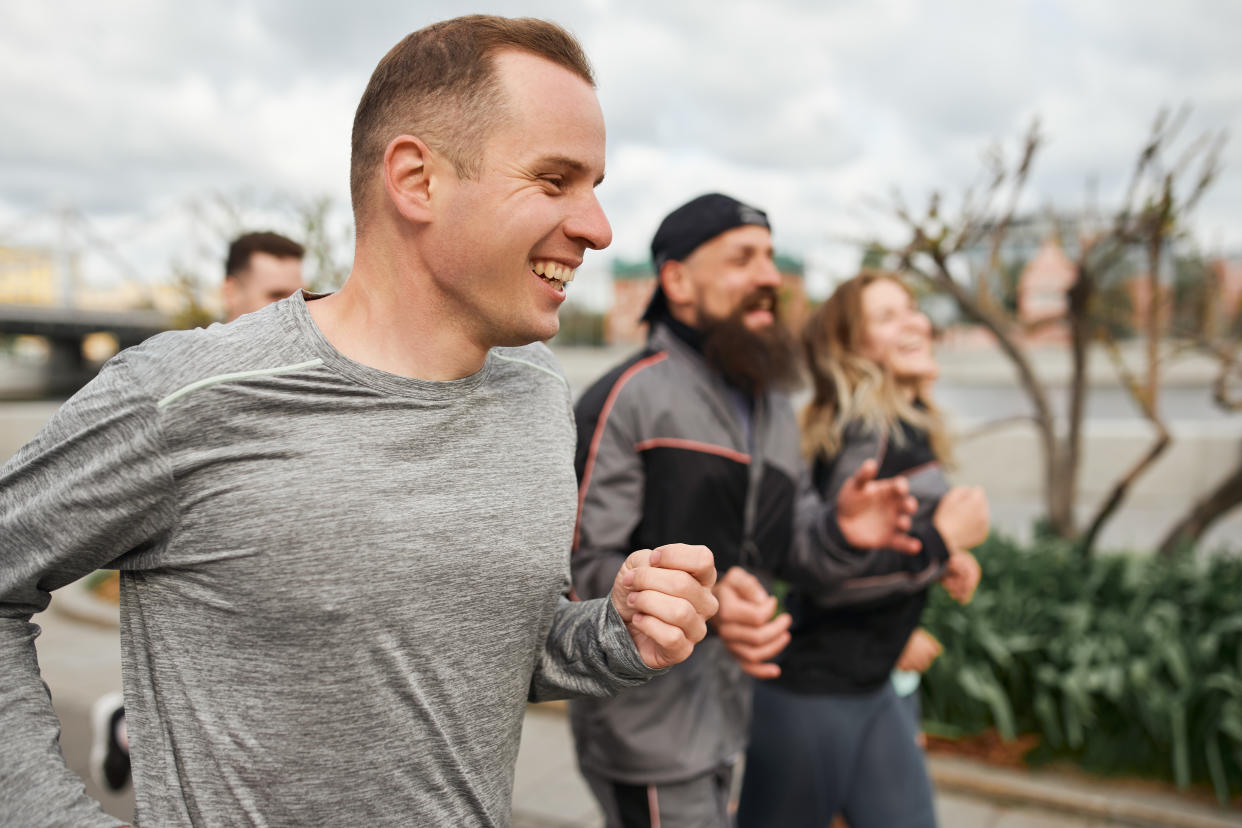
Whether you're a novice or a pro, everyone can be a runner, and there are more and more groups welcoming that.
"With the rise in run clubs and running groups for the millennial generation, we might be influenced by what our friends, colleagues and connections are up to," says Skinner. "And we can often see people's fitness achievements promoted across social media, which might inspire us to get involved in something similar."
Building on this further, Relojo-Howell explains marathons offer a sense of community and belonging. "They provide opportunities for people to connect with like-minded individuals. This can be a particularly appealing aspect for those in their 30s who seek out new social circles or community engagement."
5. Digital platform and fostering trends
As touched on by Skinner, Relojo-Howel agrees that what we see online can influence us, sometimes for the better. "The rapid growth of digital and social media platforms also play a significant role with stories and images of marathon achievements circulating online can inspire others to take up similar challenges creating a domino effect within peer networks," he says.
That said, if a marathon isn't right for you, that's perfectly fine, it isn't for lots of people! There are plenty of ways to foster achievement at this stage in life.
6. Evolving life priorities and self-discovery
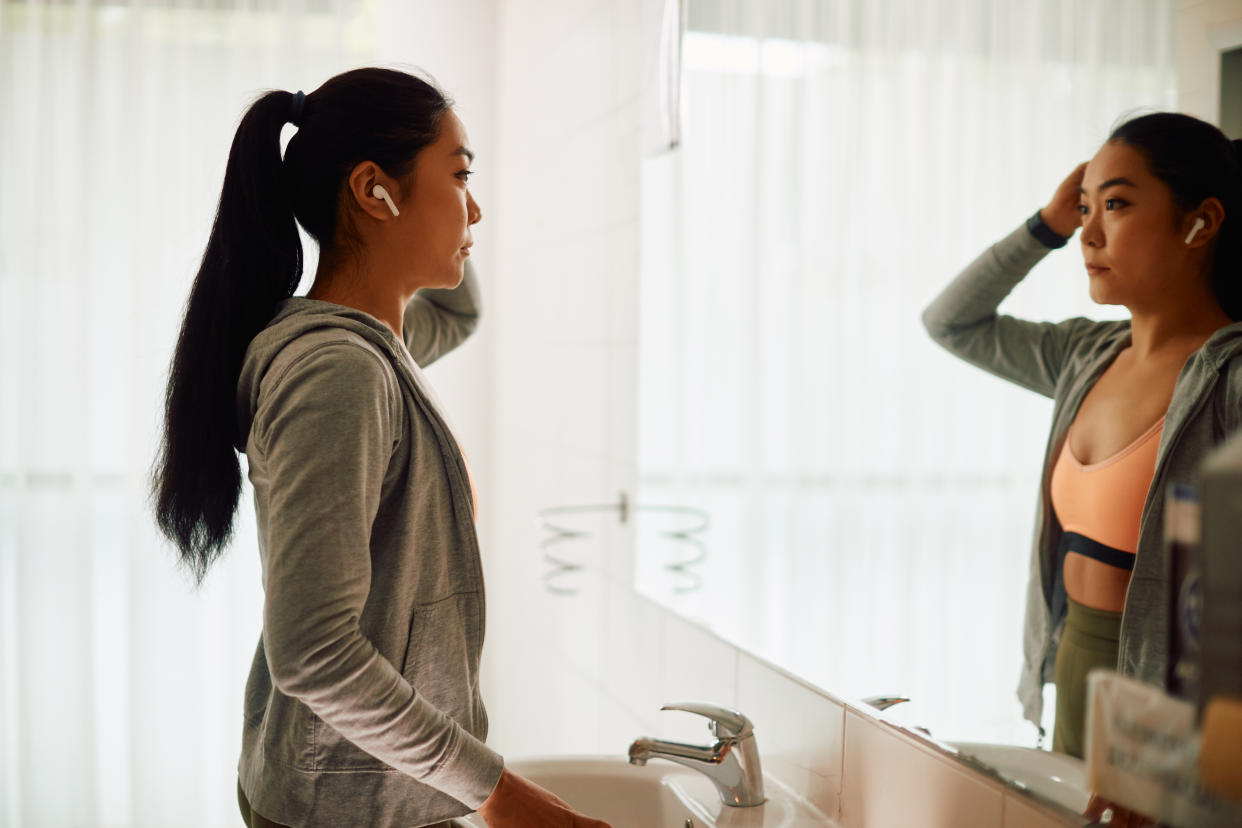
Perhaps encompassing the basis of all potential reasons behind this marathon urge, Relojo-Howell adds, "As people age, their priorities often shift and evolve. Activities such as marathon running turn into forms of self discovery and a test on their limits in ways they may not have considered in their younger years."
Read more: How to start training if you want to run a marathon(Yahoo Life UK, 5-min read)
Read more: How to prevent and tackle cystitis as you exercise in spring (Yahoo Life UK, 4-min read)
Read more: The nine 'fitness tribes' taking over dating apps (Yahoo Life UK, 7-min read)


